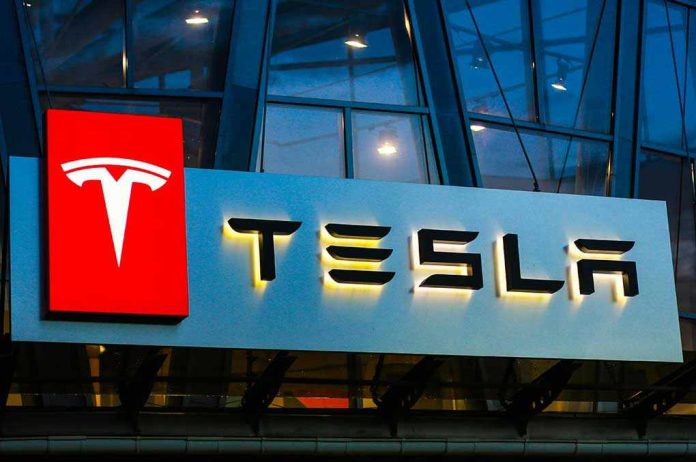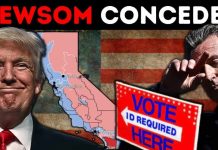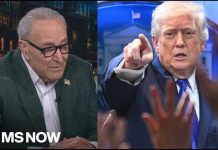
Elon Musk’s announcement of Tesla’s $16.5 billion chip deal with Samsung has sent shockwaves through Silicon Valley, promising to reshape the global tech landscape while exposing just how vulnerable the American supply chain became under years of neglectful, bloated, leftist governance.
At a Glance
- Tesla and Samsung sign a $16.5 billion chip supply deal, with production centered in Texas.
- Deal marks a major comeback for Samsung and a blow to foreign chip dominance, especially from Asia.
- Elon Musk’s hands-on approach signals a new era of American manufacturing grit and accountability.
- The partnership offers a critical boost to U.S. semiconductor self-sufficiency amid global tensions.
Tesla’s Texas Power Move Exposes Years of Weak Policy on U.S. Chip Supply
Elon Musk has confirmed that Tesla sealed a $16.5 billion deal with Samsung to manufacture advanced AI6 semiconductor chips at Samsung’s new Texas facility. After years of watching American industry ship jobs, innovation, and national security overseas, this announcement is more than a business transaction—it’s a declaration that American manufacturing is waking up from its slumber. With the ink barely dry on this contract, Samsung is now dedicating its Texas plant to Tesla chip production, aiming to reverse its recent slide in market share and restore American leadership in the world’s most critical technology sector.
American automakers and innovators have been warning about the dangers of relying on foreign-dominated chip supply chains for years. Still, the Biden-era obsession with “woke” priorities and bureaucratic red tape left our tech backbone exposed. Now, with President Trump back in office, the priorities have finally shifted back to common sense: jobs, national security, and a future built in the United States. This deal proves what’s possible when American companies refuse to settle for second best and demand excellence from their partners—right here in our own backyard.
Samsung’s Redemption and the End of Globalist Complacency
Samsung’s chip foundry business, once a global powerhouse, has faced setback after setback, losing major clients like Google to TSMC due to workflow fumbles and poor yields. But with Tesla’s AI6 chip contract now in hand, Samsung is betting its comeback on Texas soil. This is no small gamble: the contract, running through 2033, will see Samsung pour resources into making sure it meets Tesla’s famously high standards. Musk himself has pledged to “walk the line personally,” ensuring every chip meets the mark—unlike the way politicians in Washington have “walked the line” for American workers these past few years.
Samsung’s American facility will not only anchor a new era of tech manufacturing in Texas, it will also serve as a real-world example of how partnerships between visionaries and hungry, capable manufacturers can overturn years of globalist complacency. Bloomberg analysts are already predicting a 10% annual boost to Samsung’s foundry sales, and this deal offers a lifeline to a company that’s been battered by competition overseas. It’s about time someone demanded results—something the left-wing bureaucratic class never seemed interested in.
National Security, Job Creation, and the Return of American Pride
Tesla’s decision to produce its next-generation AI chips in Texas isn’t just about faster cars or smarter robots. It’s about securing America’s future against the chaos of global supply chain disruptions, rising geopolitical tensions, and the undeniable reality that the world isn’t getting any friendlier for the United States. By keeping chip production close to home, Tesla and Samsung are taking real steps to ensure that American innovation isn’t held hostage by foreign governments or unpredictable overseas markets.
This partnership will pump billions into the Texas economy, support the creation of thousands of jobs, and serve as a rallying point for U.S. semiconductor self-sufficiency. It’s a far cry from the days when politicians were more interested in subsidizing foreign manufacturing and caving to environmental extremists than building anything of lasting value. The message is clear: America is open for business—and we’re finally putting our people, our economy, and our national interests first.




